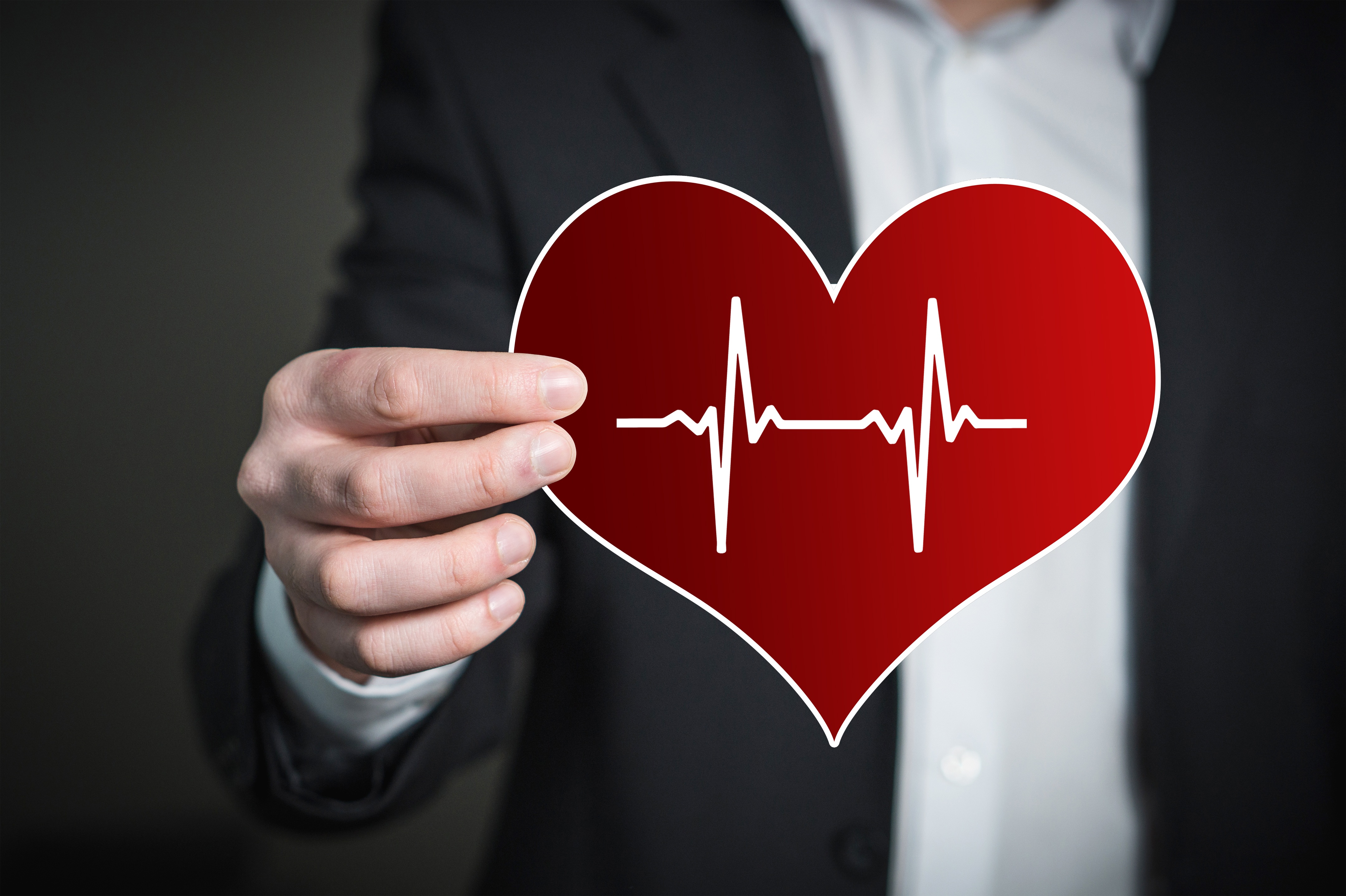Simulated Laughter has better effects than Spontaneous Laughter- New Zealand Research

A comparison of the cardiovascular effects of simulated and spontaneous laughter
Mikaela M.Law Elizabeth A.Broadbent John J.Sollers
Journal: Complementary Therapies in Medicine Volume 37, April 2018, Pages 103-109
Link: https://www.sciencedirect.com/science/article/abs/pii/S096522991830030X
Abstract
Objectives: Laughter has long been regarded as beneficial for health, but the mechanisms are not clearly understood. The current study aimed to compare the acute cardiovascular effects of spontaneous and simulated laughter.
Design: A mixed factorial experiment was performed to examine changes in cardiovascular variables in response to experimental tasks across conditions.
Interventions: A sample of 72 participants were randomised to one of three 6 min interventions. Participants in the simulated laughter condition were asked to generate fake laughter, the spontaneous laughter condition viewed a humorous video, and the control condition watched a non-humorous documentary. This was followed by a laboratory stress task.
Main outcomes measures: Heart rate and heart rate variability (as indexed by rMSSD) were monitored continuously throughout the experiment using ECG.
Results: The simulated laughter condition had a significantly higher heart rate (p < .001, ηp2 = .26) and lower rMSSD (p < .001, ηp2 = .13) during the laughter task compared to the other two conditions. Follow-up hierarchical regressions indicated that the difference in heart rate was due to the fact that the simulated condition produced more laughter. The difference in rMSSD, however, was unique to the simulated condition even when controlling for the amount of laughter. The simulated laughter condition had a significantly lower mean HR during the stress task but this was not significant after controlling amount of laughter produced.
Conclusions: Laughter leads to increased heart rate and reduced heart rate variability, which is similar to the effects of exercise. This finding is more pronounced in simulated laughter.

